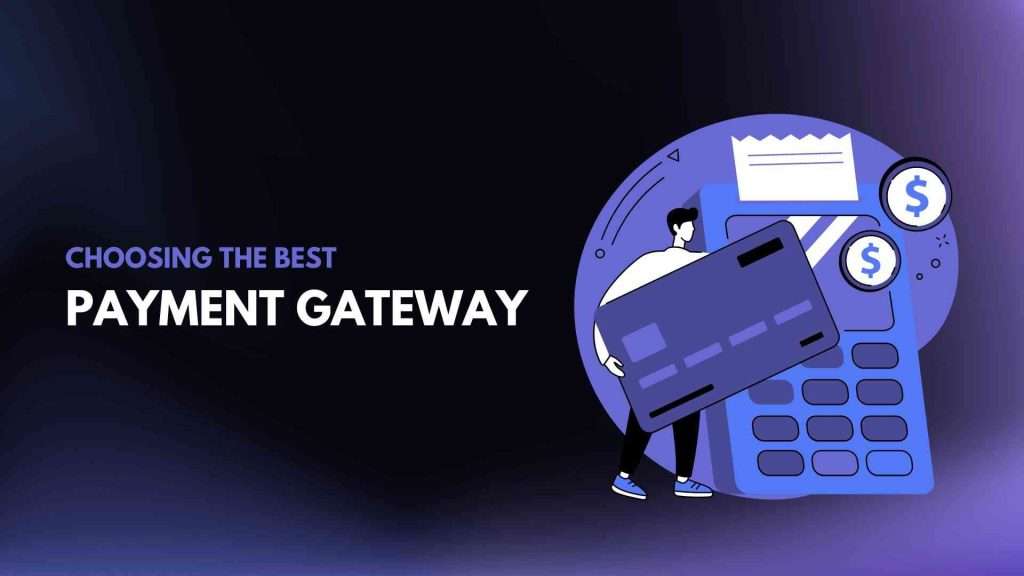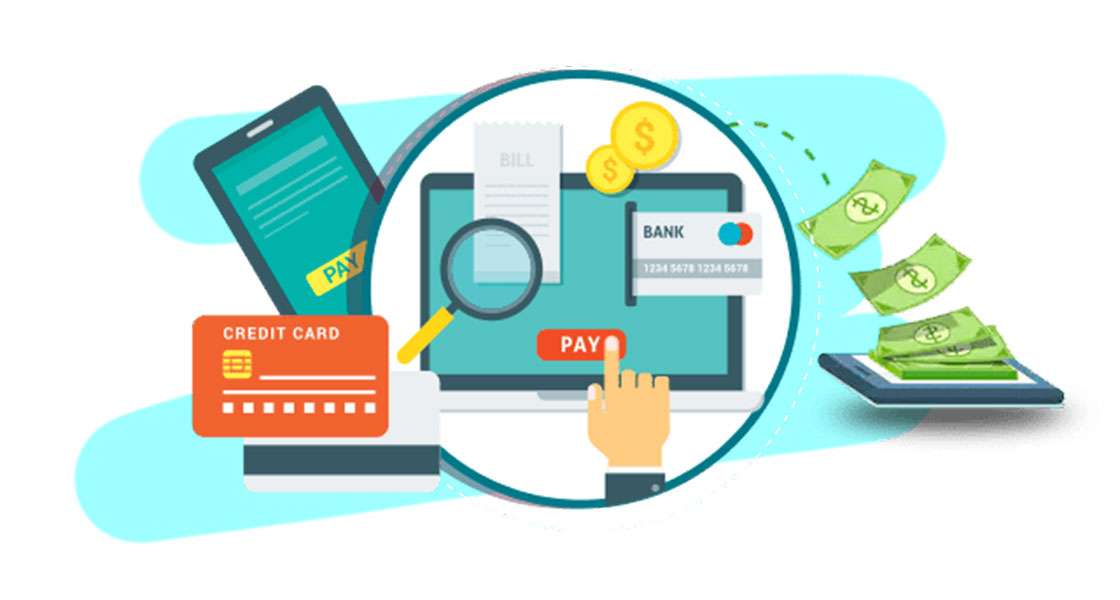AUTHOR : ADINA XAVIER
DATE : 28/10/2023
In the rapidly evolving digital landscape, businesses are increasingly relying on online transactions to reach their customers. At the heart of these transactions lies a critical component: the payment gateway service provider[1]. This guide will delve into the essential aspects of payment gateway services, their importance, features, and the factors to consider when selecting a provider for your business needs. At the core of these transactions is a crucial element: the payment gateway[2] service provider.
What is a Payment Gateway Service Provider?

A payment gateway[3] service provider is a technology company that facilitates online payment processing[4] by acting as an intermediary between the merchant and the customer’s bank. This solution allows companies to process multiple payment[5] options, such as credit and debit cards, digital wallets, and bank transfers, providing a secure and smooth transaction experience. Payment gateways facilitate various payment methods, including credit cards, debit cards, and digital wallets, making them indispensable for e-commerce.
Key Functions of Payment Gateways
Payment gateways perform several crucial functions:
- Authorization: They verify the customer’s payment information and ensure sufficient funds are available before completing the transaction.
- Encryption: They encrypt sensitive data, such as credit card numbers, to protect against fraud and data breaches.
- Settlement: After a transaction is approved, the payment gateway helps transfer the funds from the customer’s bank to the merchant’s account.
- Reporting: Most gateways provide merchants with detailed transaction reports to track sales and manage their finances effectively.
importance of Payment Gateway Service Providers
1. Enhancing Security
One of the primary benefits of using a payment gateway service provider is enhanced security. They utilize advanced encryption protocols and comply with Payment Card Industry Data Security Standards (PCI DSS) to safeguard sensitive payment information. This not only safeguards customers but also fosters confidence in the business.

2. Offering Multiple Payment Options
A reliable payment gateway service provider allows businesses to accept various payment methods. This flexibility is essential for enhancing customer satisfaction and increasing conversion rates. Customers prefer to have multiple options, such as credit cards, PayPal, or even cryptocurrencies.
3. Streamlining Transactions
Payment gateways simplify the transaction process by automating payment processing. This efficiency minimizes errors and reduces the time it takes for businesses to receive payments. Fast processing can significantly improve the customer experience, encouraging repeat business.
4. Facilitating Global Reach
For businesses aiming to expand their reach, a payment gateway service provider can facilitate international transactions. Many gateways support multiple currencies and languages, making it easier for businesses to cater to a global audience.
Choosing the Right Payment Gateway Service Provider
1. Transaction Fees
Different payment gateways have varying fee structures. Understanding the transaction fees, setup costs, and monthly charges is essential for budgeting. Select a provider that is compatible with your business structure and transaction volume.
2. Payment Methods Supported
Make certain that the payment gateway service provider you select accommodates the payment options favored by your customers. This may include credit cards, debit cards, digital wallets, and alternative payment options.
3. Integration Options
Consider how easily the payment gateway can integrate with your existing website or e-commerce platform. A seamless integration process will save you time and technical headaches.
4. Customer Support
Reliable customer support is vital when dealing with financial transactions. Look for a provider that offers 24/7 customer service through various channels, such as phone, email, and live chat.
5. Security Features
Prioritize providers that offer robust security measures. Look for features such as fraud detection tools, PCI compliance, and secure payment processing to protect your business and customers.
Features to Look for in a Payment Gateway Service Provider

1. User-Friendly Interface
A user-friendly interface is essential for both customers and merchants. The payment process should be intuitive and straightforward, minimizing the chances of cart abandonment.
2. Mobile Compatibility
With the rise of mobile shopping, your chosen payment gateway should be optimized for mobile devices. This ensures a seamless experience for customers shopping on their smartphones or tablets.
3. Customization Options
Many businesses require tailored solutions. Look for a payment gateway service provider that offers customization options to meet your specific business needs and branding.
4. Analytics and Reporting Tools
Comprehensive analytics and reporting capabilities can offer critical insights into your sales performance. This data can help you make informed decisions about your business strategy.
The Future of Payment Gateway Services
With ongoing technological advancements, the landscape of payment gateways will keep transforming. Innovations such as artificial intelligence, machine learning, and blockchain are expected to shape the future of payment processing. These advancements will likely enhance security, improve transaction speeds, and provide even more payment options for consumers.
Conclusion
In today’s digital economy, selecting the right payment gateway service provider is crucial for any business that wants to thrive in the online marketplace. By understanding the importance of payment gateways, the features to look for, and the factors to consider when choosing a provider, you can make informed decisions that will benefit your business and enhance the customer experience. Embrace the power of secure and efficient payment processing to drive your business forward.
FAQs
What is a payment gateway service provider?
A payment gateway service provider is a technology company that enables businesses to accept online payments by acting as an intermediary between the customer and the merchant’s bank.
Why do I need a payment gateway for my business?
A payment gateway is essential for processing online transactions securely, offering multiple payment options, and providing a seamless checkout experience for customers.
How do payment gateways ensure transaction security?
Payment gateways use advanced encryption technologies and comply with PCI DSS standards to protect sensitive payment information from fraud and data breaches.
Is it possible to integrate multiple payment gateways for my business?
Yes, many businesses choose to integrate multiple payment gateways to provide customers with more payment options and reduce the risk of transaction failures.
What fees are associated with payment gateway services?
Fees can vary by provider, but they typically include transaction fees, monthly fees and sometimes setup fees. It’s essential to review the fee structure before choosing a provider.





